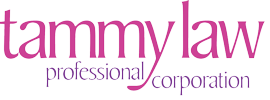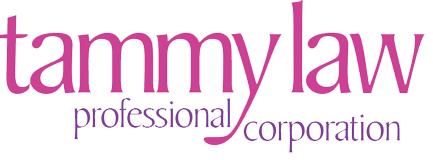Consistent with its stated purpose of keeping children with families, the Child and Family Services Act allows for, and in some cases encourages, placement of children with kin caregivers. When the Society considers a kin caregiver, it will assess that placement using a rigorous set of criteria to ensure that the placement is a safe and appropriate place for the children. As a result, if a child is placed with kin, conventional wisdom states that the Children’s Aid Society will be fully supportive of that placement. Conventional wisdom also says that kin caregivers will not require lawyers because they have the full support of the Children’s Aid Society.
In recent months, I have had the opportunity to represent quite a few kin caregivers. While all of them were approved placements, conventional wisdom did not apply to their case. They felt they needed the assistance of a lawyer because as time went on, they became increasingly uncomfortable with what was happening at court. They needed legal advice and in some cases, continued representation.
The following are a few reasons why I believe (and experience has shown) even approved kin caregivers need proper legal representation:
- While Children’s Aid Society usually support approved kin caregivers, they are always under a statutory duty to consider returning children to their birth parents. In other words, kin caregivers rank “lower” than birth parents in the legislation. If birth parents rehabilitate themselves sufficiently, the Children’s Aid Society will seriously consider returning the child. This puts kin caregivers in conflict, at times, with the agency.
- While the Children’s Aid Society has significant power to investigate, kin caregivers are often family members who have lived-experience with one or both parents. Often, kin caregivers have significant concerns about the child’s caregivers and details about their behavior that the Society does not have. When these concerns are not presented by the Society, kin caregivers may become concerned for the protection of the children in their care.
- Kin caregivers are usually not formal parties to child protection proceedings. This means they have no right to information about what is happening at court, no right to participate, and no right to put forward a plan. This uncertainty is difficulty to handle for many kin caregivers and in some cases may lead to mistrust of the agency.
The most important thing to remember is that the Children’s Aid Society does not represent kin families, even those they support. This means that the Children’s Aid Society has no obligation to advise kin about the status of court proceedings, to advise kin about their plans, or to act according to the wishes of kin. While most agencies are excellent at communicating with their kin families, sometimes communications fall through the cracks. This is when hiring a lawyer becomes necessary.
The kin caregivers I have helped have all found our services helpful. We have in the past assisted kin by clarifying the court process, by providing independent legal advice, and by assisting with legal documents if needed. Most of my kin clients have reported that seeing a lawyer for even a few hours helps them better understand the complicated system they have been drawn into. If you or someone you know are a kin caregiver and may require legal advice, please do not hesitate to call us for more information about our services.


Comments are closed.